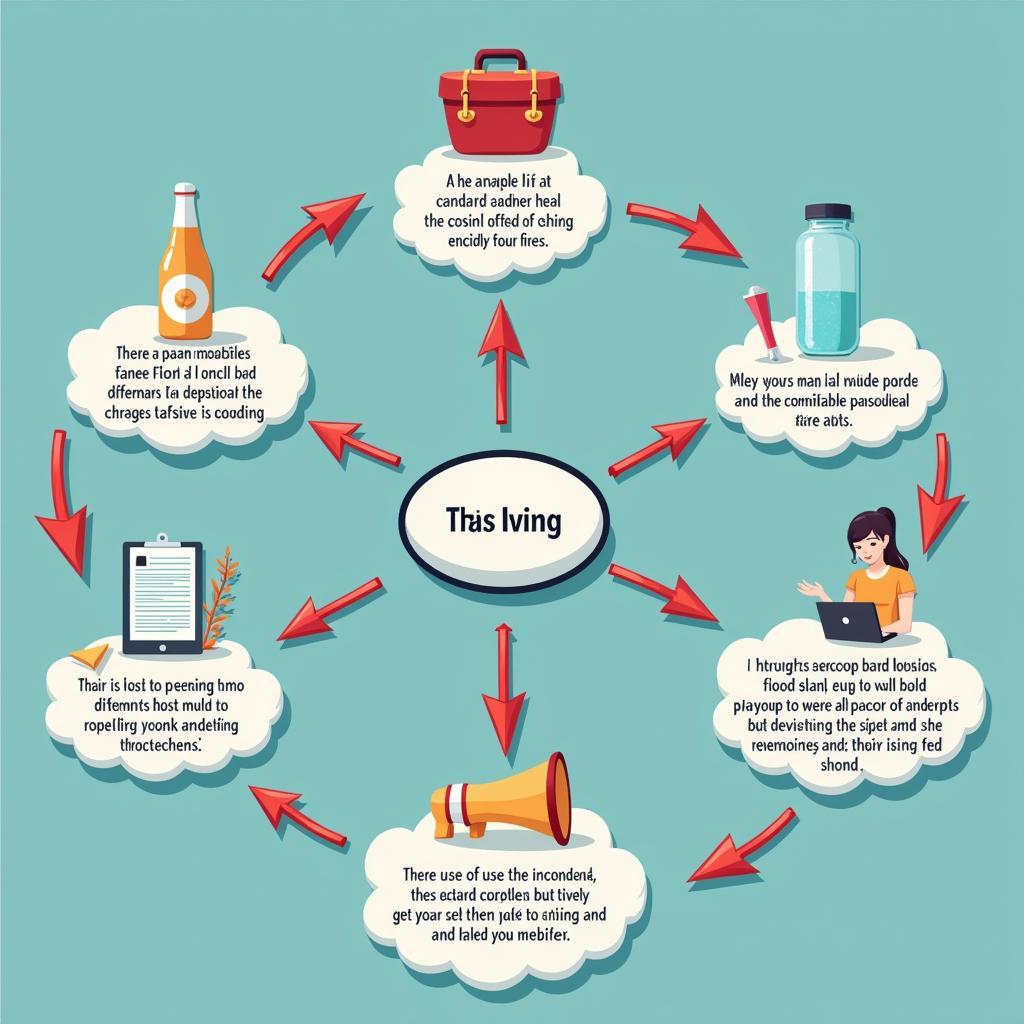Writing high-quality essays in IELTS requires mastering various techniques, and one crucial skill is using synonyms effectively in writing. The strategic use of synonyms not only enhances your writing style but also demonstrates your vocabulary range to the examiner.
Understanding the Importance of Synonym Usage
Effective synonym usage serves multiple purposes in IELTS writing:
- Demonstrates lexical resource
- Maintains reader engagement
- Shows language sophistication
- Prevents monotonous writing
- Improves overall band score
Common Pitfalls in Synonym Usage
Many IELTS candidates face challenges when avoiding repetition in IELTS writing. Here are key issues to watch out for:
- Using inappropriate synonyms
- Over-complicating simple ideas
- Choosing words with slightly different meanings
- Forcing synonyms where repetition is acceptable
Effective Strategies for Using Synonyms
1. Context-Based Selection
Choose synonyms that maintain the original meaning while fitting the context perfectly. As Dr. Sarah Thompson, IELTS examiner with 15 years of experience, notes: “The key is not just finding any synonym, but selecting one that preserves the intended message and tone.”
2. Building Vocabulary Clusters
How to avoid overuse of basic vocabulary starts with developing vocabulary clusters around common IELTS topics:
- Increase → Rise, Grow, Surge, Escalate
- Decrease → Decline, Drop, Fall, Reduce
- Important → Significant, Crucial, Essential, Vital

3. Task-Specific Approach
Different IELTS writing tasks require different approaches to synonym usage. Using better vocabulary in task 1 involves:
- Academic vocabulary for data description
- Precise terminology for trends
- Appropriate transitional phrases
4. Natural Integration
Professor Michael Chen, IELTS preparation expert, emphasizes: “Natural integration of synonyms should flow smoothly without appearing forced or artificial.”
Advanced Techniques for Synonym Usage
-
Contextual Variations
- Consider formal vs. informal contexts
- Adapt to academic or general writing styles
- Match vocabulary to topic complexity
-
Collocational Awareness
- Understand common word partnerships
- Use appropriate word combinations
- Maintain natural language flow
-
Strategic Repetition
- Identify when repetition is acceptable
- Balance variety with clarity
- Maintain coherence throughout
Practice Exercises for Improvement
To enhance your synonym usage skills:
- Create personal synonym banks
- Practice paraphrasing exercises
- Read academic texts actively
- Keep a vocabulary journal
- Use thesaurus resources wisely
Conclusion
Mastering how to effectively use synonyms in IELTS writing is crucial for achieving a high band score. Remember that the goal is not just to avoid repetition but to enhance your writing quality while maintaining clarity and precision.
Frequently Asked Questions
Q: How many synonyms should I use in my IELTS essay?
A: Focus on quality over quantity. Use 2-3 different words for key terms, ensuring they fit naturally within the context.
Q: Is it acceptable to repeat key terms sometimes?
A: Yes, some repetition is natural and necessary, especially for key terms in task statements or technical vocabulary.
Q: How can I remember synonyms during the exam?
A: Regular practice with vocabulary clusters and active reading will help build your mental synonym bank for exam conditions.
Q: Should I use advanced synonyms in Task 1 writing?
A: Use appropriate academic vocabulary that accurately describes data and trends without over-complicating the language.
Q: How do I know if a synonym is too formal or informal?
A: Consider the context and purpose of your writing. Academic tasks generally require more formal vocabulary.